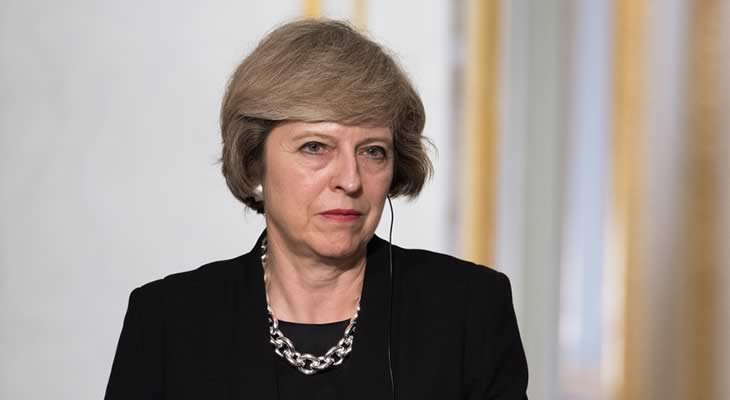After advancing in the morning, the Euro Pound exchange rate spent most of Monday’s European session fluctuating between lows of 0.8833 and highs of 0.8857.
Towards the end of the day, EUR GBP trended near the level of 0.8840.
Tuesday will see the publication of Italy’s May industrial production stats, but overall the Euro Pound exchange rate could continue to trend closely to the week’s opening levels until Wednesday’s key UK data is published.
[Published 10:36 BST 10/07/2017]
The Euro Pound exchange rate jumped last week due to a combination of poor UK ecostats and rising European Central Bank (ECB) speculation. This week the Pound continues to see limp trade as investors are concerned about the lasting strength of the UK government. The Euro Pound exchange rate advanced from 0.8770 to around 0.8845 last week, where it currently trends near.
Euro (EUR) Sturdies as Investors Speculate on ECB Plans
The Euro has recently trended flatly despite strong Eurozone data, as the European Central Bank (ECB) has shown mixed signals on whether or not it could start to discuss the normalisation of monetary policy in the coming months.
Some ECB officials had recently argued that the Eurozone was not ready to have the bank’s quantitative easing (QE) program withdrawn yet.
However, the latest ECB meeting minutes published towards the end of last week were notable in that they had removed a long-standing phrase about the possibility of expanding or extending the QE measures.
As the phrase was removed, markets naturally speculated that the bank no longer expects to extend QE further into next year. This increased speculation that the bank will discuss how to withdraw the stimulus measures later in the year.
The mixed messages of the ECB continued on Monday, as Bank of France Governor and ECB official François Villeroy de Galhau indicated the bank’s tone may change towards the autumn.
Villeroy asked for patience with the current monetary policy, but stated in an interview with Bloomberg that ‘in the future, and this will be our decision next fall, we will go on adapting the intensity of this monetary policy.’
As a result of his comments, the Euro continued to trend sturdily on Monday morning with markets now more confident that the ECB could become more hawkish towards the end of the year.
The Euro could continue to see relatively sturdy performance in the coming months unless Eurozone data begins to consistently disappoint. This week’s final German inflation stats from June could alter ECB bets if they beat expectations or fall short.
Pound (GBP) Under Political Pressure
Sterling plunged last week as a slew of domestic UK ecostats from May and June fell short of expectations.
The trade deficit widened, industrial and manufacturing production contracted, and construction output also weakened.
These datasets indicated that Britain’s economy wasn’t as resilient as hoped and Bank of England (BoE) speculation faded as a result.
BoE officials had recently indicated that if Britain’s economy remained strong in the second half of 2017, it may be necessary to tighten UK monetary policy. However, poor UK data has largely doused this speculation.
Sterling faces political pressure too, limiting the currency’s recovery efforts.
EU leaders have argued that UK Prime Minister Theresa May’s proposal to give EU citizens in the UK a kind of ‘settled status’ was not satisfactory. This has increased uncertainty about the success of early Brexit negotiations.
As well as this, reports have emerged that Theresa May will attempt to bolster cross-party cooperation in Britain in order to protect her position as Prime Minister from potential oust plans in the Conservative party.
Lasting uncertainty about the stability of the current UK government and the staying power of Theresa May have weighed on Sterling. Rumours that May could face a leadership challenge by the end of the year have also dampened the British currency’s outlook.
Bank of England (BoE) bets and the long-term Pound outlook could be influenced by this week’s upcoming UK wage growth stats too.
If wage growth beats expectations, hopes will rise that the British public will continue to spend and the Pound will strengthen. However, worse than expected wages would worsen UK pay squeeze fears and lead to a weaker Pound outlook.
EUR GBP Interbank Rate
At the time of writing this update, the Euro Pound exchange rate trended in the region of 0.8850. The Pound to Euro exchange rate trades at around 1.1295.


Comments are closed.